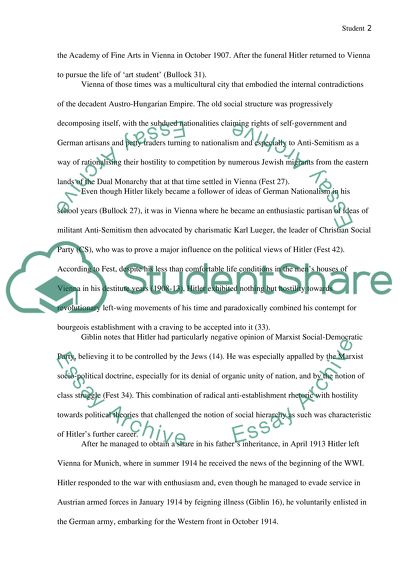Cite this document
(“Adolf Hitler Essay Example | Topics and Well Written Essays - 1500 words”, n.d.)
Retrieved from https://studentshare.org/history/1411704-adolf-hitler
Retrieved from https://studentshare.org/history/1411704-adolf-hitler
(Adolf Hitler Essay Example | Topics and Well Written Essays - 1500 Words)
https://studentshare.org/history/1411704-adolf-hitler.
https://studentshare.org/history/1411704-adolf-hitler.
“Adolf Hitler Essay Example | Topics and Well Written Essays - 1500 Words”, n.d. https://studentshare.org/history/1411704-adolf-hitler.


